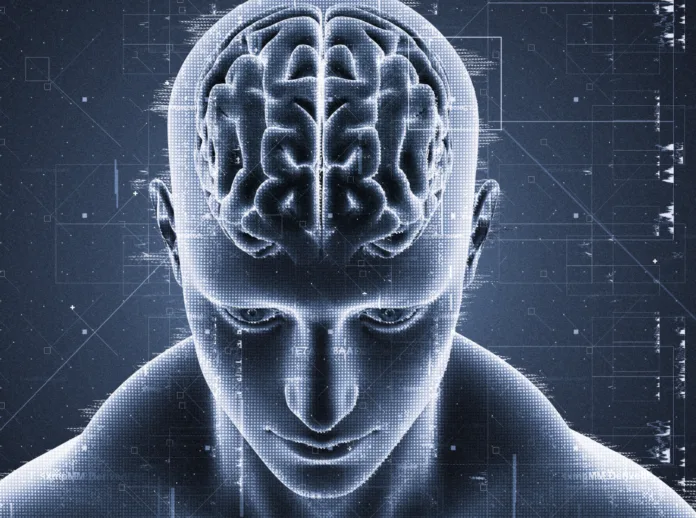AI tools, brain implants, and wearables: Advancing mental health innovation amid ethical concerns
In a world grappling with an ever-growing mental health crisis, technology is stepping in with bold promises. From artificial intelligence-led therapy sessions to neural implants and wearable devices, the tech industry claims to have found solutions to mental health issues like anxiety, depression, and PTSD. Yet, the surge in innovation comes with significant ethical dilemmas and fears of unintended consequences.
AI therapy apps are one of the fastest-growing tools in the mental health arsenal. These programmes simulate human-like conversations, offering guidance, coping mechanisms, and emotional support. Developers argue that they can fill the gap left by the global shortage of mental health professionals. However, concerns about data privacy loom large. Can these apps truly offer the empathy and nuance of a trained therapist, or do they risk reducing mental health care to a sterile algorithm?
Even more dramatic are brain implants designed to directly modify neural activity. Pioneering companies like Neuralink are creating devices capable of altering the brain’s wiring, potentially alleviating severe mental illnesses. This approach targets individuals for whom conventional treatments have failed. For some, this feels like salvation. But critics raise chilling questions: What happens when the technology malfunctions? Could these implants open the door to invasive surveillance or even mind control?
Embed from Getty ImagesMeanwhile, wearable devices are enabling people to monitor their stress levels, sleep patterns, and mood shifts. These gadgets, which track physiological data, are becoming increasingly popular. Their ability to predict mental health episodes before they escalate is undeniably impressive. But the growing presence of tech companies in our most private lives sparks unease. How much control are we handing over, and at what cost?
Despite the excitement surrounding these advancements, the risks are hard to ignore. The rush to implement untested technology could have devastating effects. Glitches in brain implants could cause irreversible damage, while reliance on AI for therapy might lead to missed red flags in a patient’s condition. Furthermore, allowing corporations access to intimate mental health data raises questions about potential exploitation and misuse.
Mental health advocates argue that technology should complement, not replace, traditional care. A holistic approach that combines human connection with technological innovation might be the key to balancing progress and humanity. Yet, as tech companies continue to push the boundaries, society must weigh the potential benefits against the ethical and personal risks.
As we embrace this era of mental health innovation, one thing is certain: the landscape of care is undergoing a transformative shift. Whether technology emerges as a groundbreaking solution or a source of ethical challenges will depend on how responsibly and thoughtfully we guide its development.
